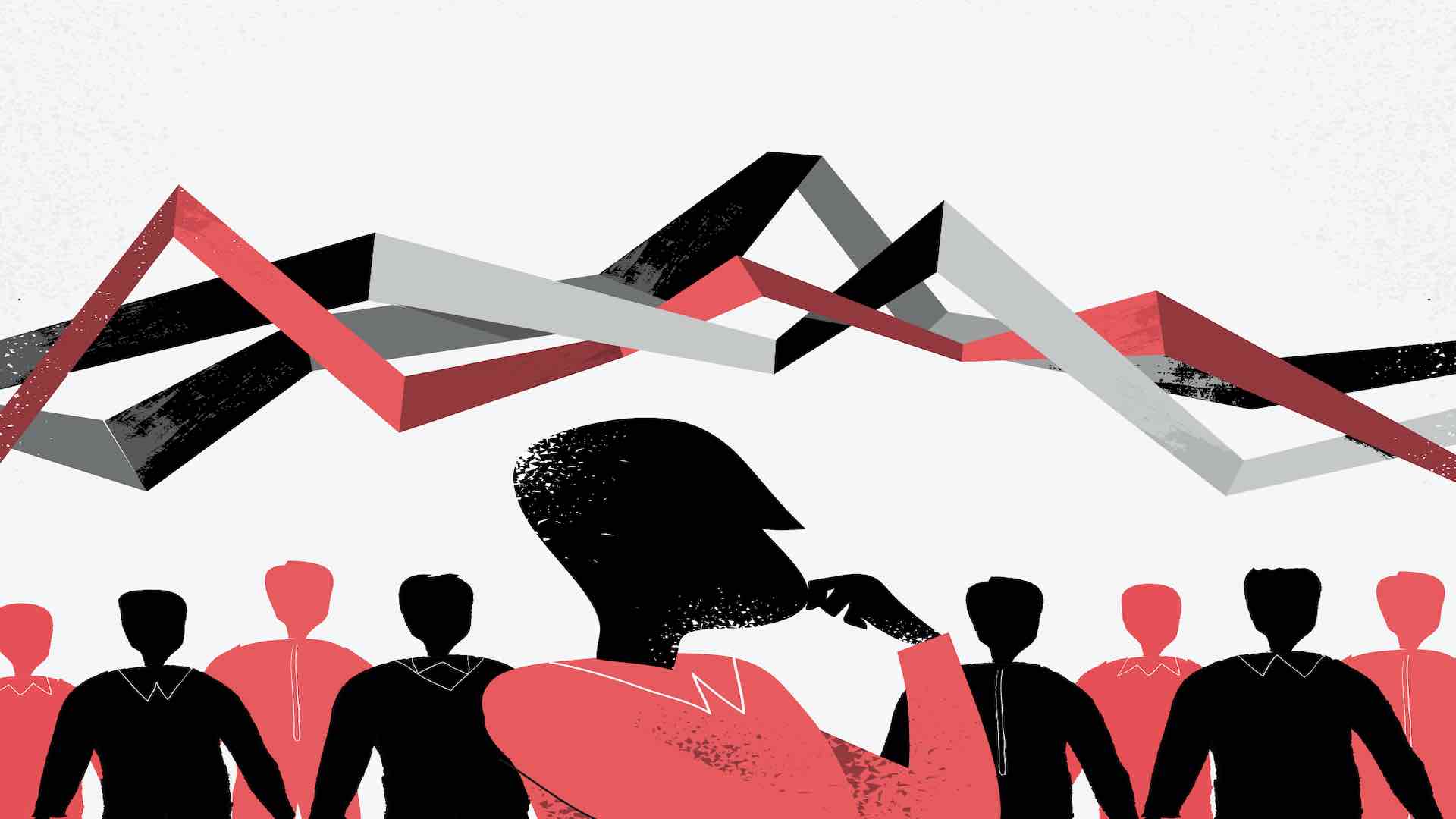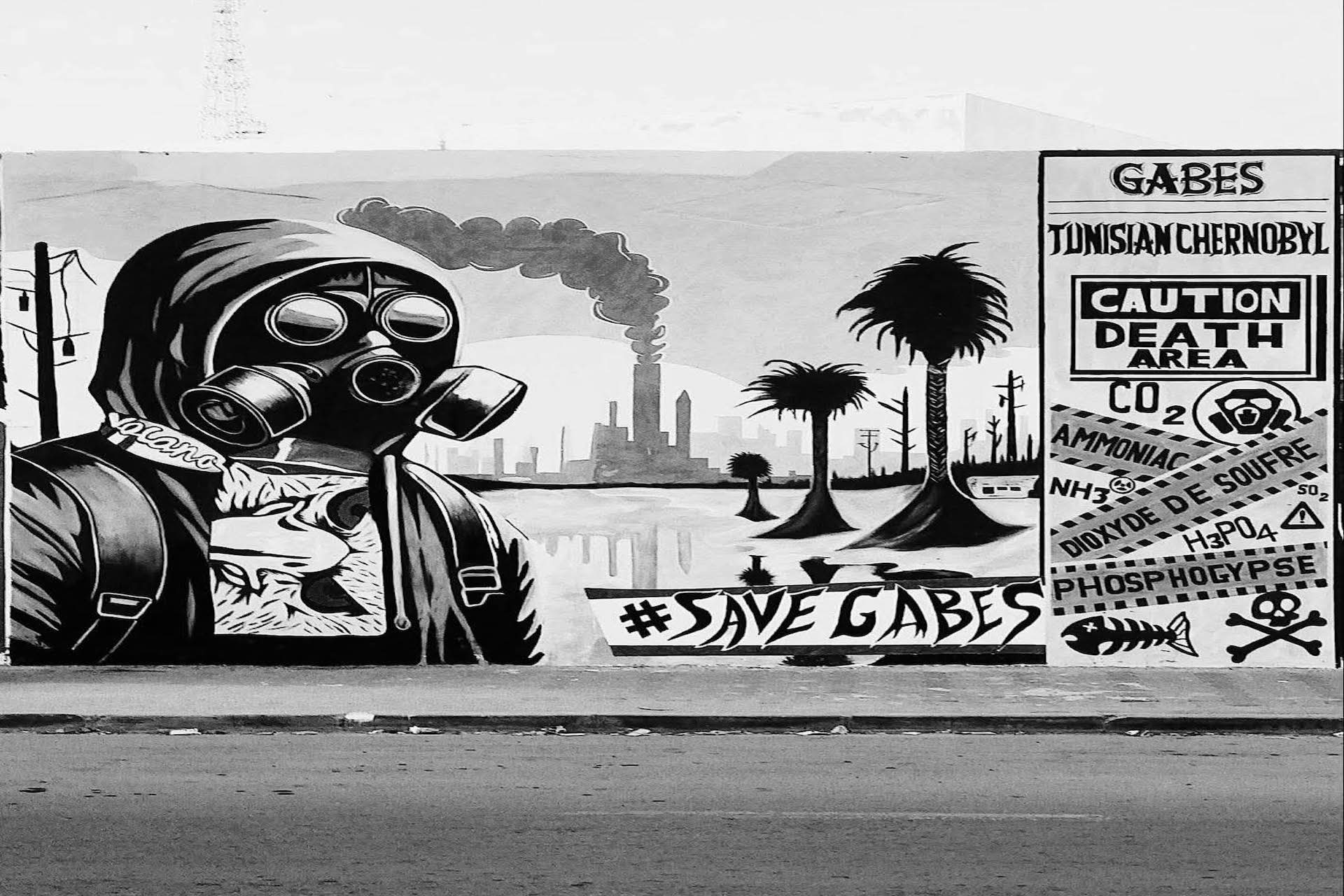TikTok & Money Laundering: Risks in Tunisia
An in-depth look at how TikTok may serve as a channel for money laundering and international fund transfers in Tunisia, bypassing traditional controls.
Introduction
TikTok has become a new financial ecosystem in Tunisia. While many streamers rely on the platform for legitimate income, experts warn that TikTok’s donation and gift system can be misused as a channel for money laundering.
Because transactions are digital, cross-border, and partly anonymous, TikTok provides a loophole for unmonitored international transfers. This article explores the risks, real examples, and the urgent need for regulatory action in Tunisia.
1. How Money Moves Through TikTok
TikTok’s donation system is simple for users—but highly complex for regulators. Here’s the flow:
- Purchase of Coins: Donors buy TikTok coins with credit cards, bank accounts, or mobile payments.
- Virtual Gifts: Coins are sent to streamers as gifts during live streams.
- Conversion: Gifts are converted into TikTok “diamonds.”
- Cash Out: Streamers exchange diamonds for real money (via PayPal, foreign bank accounts, or intermediaries).
This process enables instant and borderless transfers, often without passing through Tunisian financial systems.
2. Why TikTok is Attractive for Laundering
Several factors make TikTok an appealing tool for illicit financial flows:
- Anonymity of Donors: Streamers rarely know the real identity of those sending gifts.
- Cross-Border Transfers: Diaspora donations from Europe and the Gulf can bypass Tunisian banks.
- High Transaction Volumes: Thousands of small transactions make tracking suspicious flows difficult.
- Lack of Local Oversight: Tunisian authorities do not have direct access to TikTok’s financial data.
This creates ideal conditions for hidden money movements.
3. International Examples of Abuse
Globally, TikTok has already been linked to financial crime:
- Middle East: Reports of organized groups using TikTok to launder cash through donations.
- Asia: Investigations revealed criminals sending gifts to their own fake accounts as a laundering tactic.
- Europe: Concerns from regulators about TikTok being used for informal remittances outside banking systems.
Tunisia, with its large diaspora and weak enforcement, faces similar risks.
4. Tunisia’s Specific Vulnerabilities
Tunisia is especially exposed to TikTok-based money laundering due to:
- Diaspora Transfers: Tunisians abroad use TikTok gifts to send money home, bypassing official remittance channels.
- Weak Enforcement: Financial crime units lack digital expertise.
- Cash-Out Options: Many streamers withdraw funds abroad, outside Tunisia’s banking supervision.
- Tax Evasion: TikTok income is rarely declared to Tunisian tax authorities.
This creates a shadow economy parallel to official banking channels.
5. Signs of Laundering on TikTok in Tunisia
Certain patterns raise red flags:
- Large Donations from Anonymous Accounts (often based in Europe or the Gulf).
- Rapid Gift Exchanges between a network of accounts, resembling “layering.”
- Streamers Suddenly Cashing Out huge sums without clear content justification.
- Use of Middlemen: Some agents offer to cash out TikTok diamonds on behalf of streamers.
These indicators suggest that not all donations are genuine support from fans.
6. Impact on Tunisia’s Economy
Unchecked TikTok laundering has several consequences:
- Loss of Tax Revenue: Authorities cannot capture income from these flows.
- Distorted Financial System: Informal transfers weaken trust in official banks.
- Unfair Competition: Legitimate businesses face disadvantages compared to shadow earners.
- Risk of International Sanctions: If Tunisia becomes a hotspot, foreign regulators may impose stricter financial controls.
This undermines Tunisia’s economic stability and international credibility.
7. Possible Solutions & Policy Options
To address this issue, Tunisia could:
- Enhance Financial Oversight: Create digital forensics teams to monitor platforms.
- Work with TikTok: Demand data-sharing agreements for transparency.
- Update Regulations: Treat digital donations as remittances subject to reporting.
- Educate Streamers: Inform creators about tax obligations and risks of illegal activity.
- Coordinate Internationally: Follow EU and FATF guidelines on monitoring virtual economies.
These measures could help Tunisia close the regulatory gap before it grows larger.
8. Case Studies from Tunisia
- Streamer in Sousse: Reportedly cashed out over €20,000 within months, without declaring income.
- Gift Chains from France: Viewers sent hundreds of euros per night, sparking suspicions of laundering by proxy.
- Local Agents: Individuals in Tunisia offering to convert TikTok diamonds into cash directly, bypassing official systems.
Such cases illustrate how TikTok can become a parallel remittance system—legal for some, illicit for others.
Conclusion
TikTok donations are more than just entertainment in Tunisia—they may also be a tool for hidden financial flows and money laundering.
While many streamers use the platform legitimately, the lack of oversight and transparency makes Tunisia vulnerable to abuse. To protect its economy, Tunisia must adapt its financial regulations, collaborate with international partners, and close the loopholes before they expand.
The challenge is clear: turn TikTok into an opportunity for digital innovation rather than a risk to financial security.














